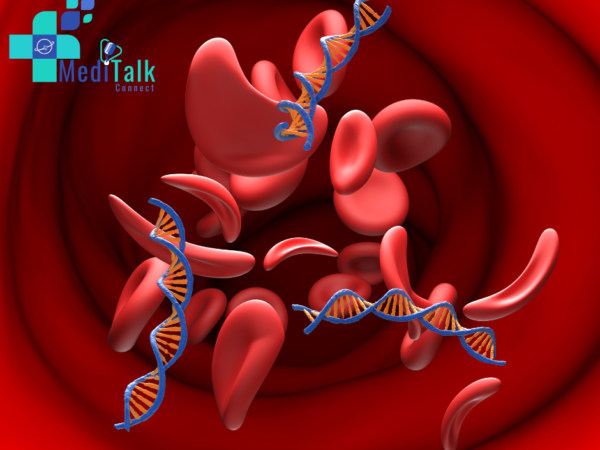In the complex interplay between genetics, nutrition, and health, a burgeoning field known as nutrigenomics is shedding light on how our individual genetic makeup influences our nutritional needs and overall well-being. This revolutionary discipline explores the intricate relationship between our genes and the foods we consume, paving the way for personalized nutrition strategies tailored to individual genetic profiles.
Understanding Nutrigenomics
Nutrigenomics, a portmanteau of nutrition and genomics, delves into the interaction between the nutrients in our diet and the expression of our genes. It recognizes that each person’s genetic code plays a pivotal role in determining how their body processes and responds to different nutrients, impacting various aspects of health and disease susceptibility.
Genetic Variability and Nutrient Metabolism
The human genome is remarkably diverse, and subtle genetic variations can significantly influence how our bodies metabolize nutrients. Enzymes involved in nutrient absorption, metabolism, and utilization can vary from person to person due to genetic differences. For example, a genetic variant may affect the efficiency of an enzyme responsible for breaking down specific nutrients, leading to variations in nutrient absorption and utilization.
Impact on Chronic Diseases
Nutrigenomics has unveiled the intricate connections between genetic variations and the risk of chronic diseases. Certain genetic predispositions may make individuals more susceptible to conditions like obesity, diabetes, cardiovascular diseases, and even certain types of cancer. Understanding these genetic factors allows for targeted dietary interventions to mitigate the risk and promote better health outcomes.
Personalized Nutrition Plans
One of the most exciting applications of nutrigenomics is the development of personalized nutrition plans. By analyzing an individual’s genetic profile, nutritionists and healthcare professionals can tailor dietary recommendations to align with their specific genetic makeup. This approach acknowledges that a one-size-fits-all approach to nutrition may not be optimal and that personalized interventions can enhance the effectiveness of dietary strategies.
Diet-Gene Interactions
Nutrigenomics explores how specific dietary components interact with genes to either promote health or contribute to disease risk. For instance, some individuals may possess genetic variations that affect their response to certain nutrients like fats, carbohydrates, or vitamins. By understanding these interactions, individuals can make informed choices about their diet to optimize health and well-being.
Challenges and Future Directions
While nutrigenomics holds immense promise, challenges such as the complexity of gene interactions, ethical considerations, and the need for large-scale studies persist. Additionally, the field is continuously evolving, with ongoing research uncovering new gene-nutrient interactions and their implications for health.
Conclusion
Nutrigenomics represents a groundbreaking paradigm shift in the way we approach nutrition and health. By recognizing and understanding the impact of genetic variability on nutrient metabolism, chronic diseases, and dietary responses, we move closer to a future where individuals can embrace personalized nutrition plans tailored to their unique genetic makeup. As research in this field progresses, nutrigenomics has the potential to revolutionize preventive healthcare, offering targeted and effective strategies for optimizing health through the power of personalized nutrition.




